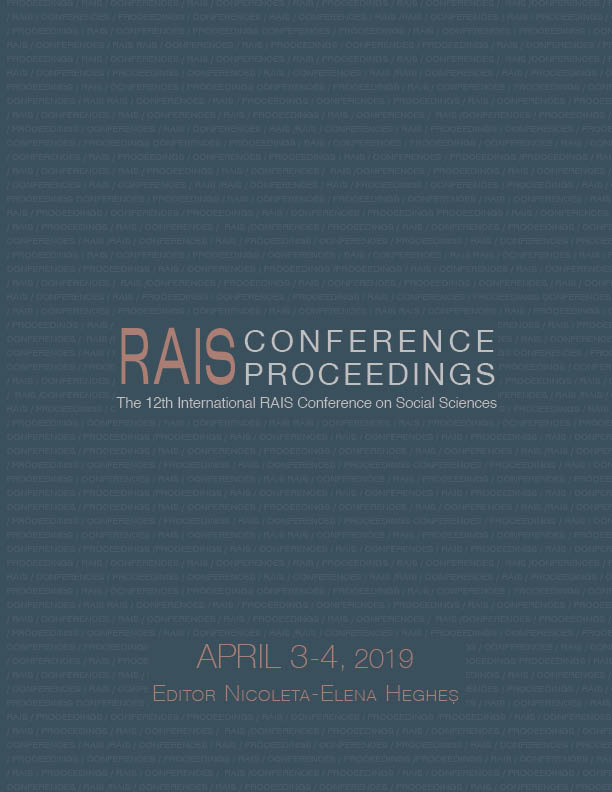Literary Archetypes Between Universal Myth and Historical Moment: Shelley’s Frankenstein
Literary Archetypes Between Universal Myth and Historical Moment: Shelley’s Frankenstein
Author(s): Kalea Ramsey
Subject(s): Comparative Linguistics
Published by: Scientia Moralitas Research Institute
Keywords: Archetypes; Cain; Edmund Burke; Enlightenment in literature; Frankenstein;
Summary/Abstract: This research uses Mary Shelley’s Frankenstein as an anchor to look back and forth between the novel and the precursor texts and themes on which Shelley both draws and which she also transforms in light of the critical influences of her historical moment, straddling as it did a transition from the rationalism of the Enlightenment to the emotional, social and creative energies unleashed by Romanticism. This paper focuses on the themes of transgression, fear, isolation, damnation and redemption, and their importance in outlining the journeys of Victor Frankenstein and the monster he created, as well as other related works in history. The major comparisons in this research are that of Frankenstein with the archetypal figure of Prometheus, ‘The Rime of the Ancient Mariner’, and Paradise Lost. The first was directly referenced by Mary Shelley in the allusions of Walton and Victor Frankenstein, and the latter is the epigraph of the book, which appears as one of the books that shaped the Monster’s education. Stemming from ‘The Rime of the Ancient Mariner’, the Wandering Jew and the biblical Cain and Abel story are extended archetypes, further showing traits that could be found among the Mariner, Frankenstein, the Monster, and Satan, forming an interconnected web that weaves all these characters together. Frankenstein is also known as the ‘Modern Prometheus’: through her writing, Mary Shelley aimed to historicize and reconceptualize universalist assumptions about the nature and relevance of archetypes in literature. By historicizing the role of Prometheus and imbuing it in Victor Frankenstein, Shelley portrayed the figure of an ambitious scientist who assumed the role of God and disregarded the law of nature. She charaterized Victor such that his traits resemble those of Prometheus, yet far from reproducing an idealized archetype, Shelley brings a Greek myth down to earth, transforming it so that it can speak to the people of her time. This paper reads Frankenstein in relation to how its context transforms the universalist archetypes on which Shelley drew to give her characters and themes literary depth and texture. Shelley inflects Victor Frankenstein and his Monster with traits associated with the archetypal figures of Prometheus, Satan, and the Ancient Mariner, simultaneously relating the resulting hybrid characters to the pressing concerns of her particular historical moment and demonstrating that universal archetypes continue to be rich sources both for the creative process and for bringing perennial themes to life for successive generations of readers.
Book: Proceedings of the 12th International RAIS Conference on Social Sciences and Humanities
- Page Range: 343-351
- Page Count: 9
- Publication Year: 2019
- Language: English
- Content File-PDF

